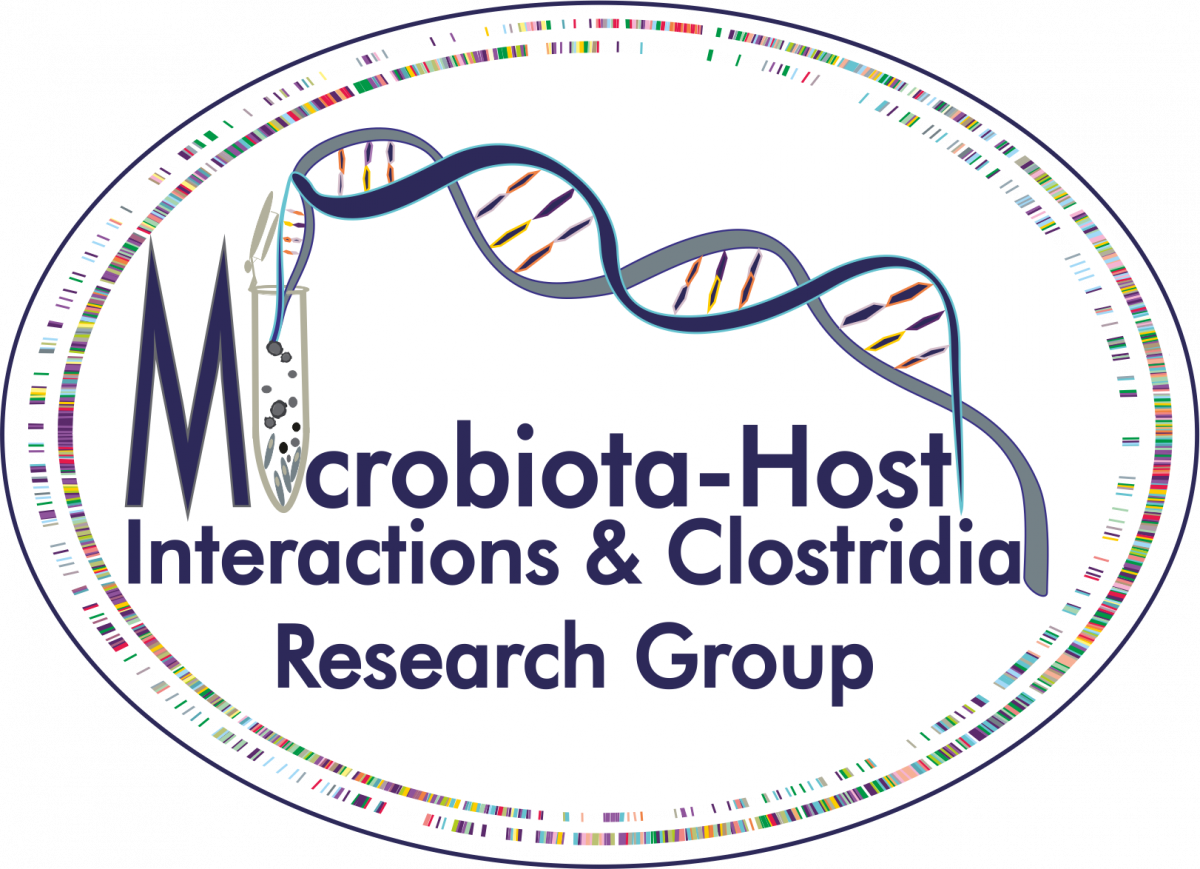Model of intestinal epithelial cells displaying adhered and internalized spores colored in red
The Paredes-Sabja Lab
Contact Info:
Interdisciplinary Life Sciences Building, ILSB
Room 3214A
Department of Biology
Texas A&M University
301 Old Main Drive
College Station, TX 77843
e-mail: dparedes-sabja@bio.tamu.edu
Lab Tel: 979-847-5689
Proudly powered by WordPress
Pages
